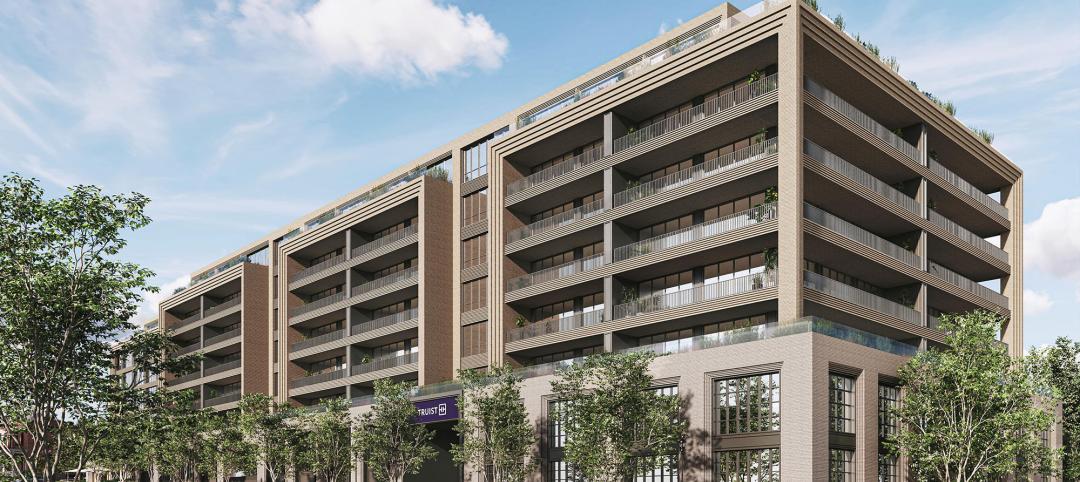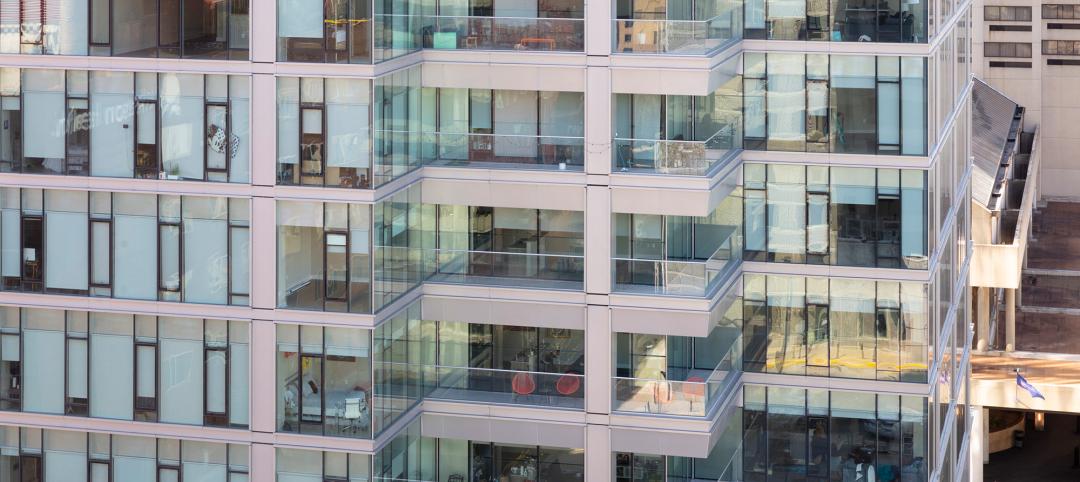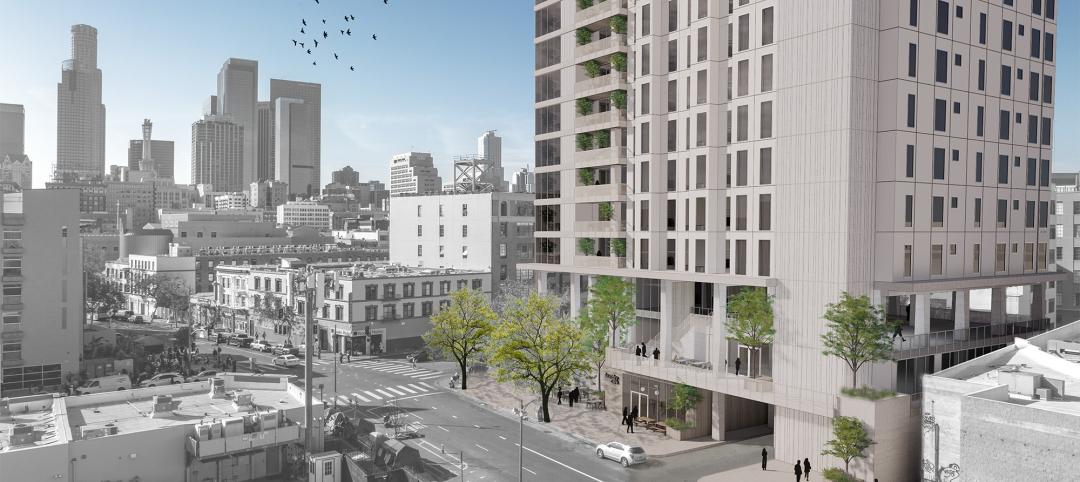Patrick Henry Village was a U.S. Army installation that first opened in 1947 in Heidelberg, Germany. Before it eventually closed, the village offered its residents housing, schools, dining facilities, a bowling alley, a movie theater, baseball fields, and public services such as a library, a dentist, and a post office. On Sept. 6, 2013, the village closed.
According to Business Insider, since the time of its closure, the former military village has seen use as a temporary shelter for North African and Middle Eastern refugees, but most of the village has remained deserted. It may not be abandoned for long, though, as Carlo Ratti Associati has plans to transform the former U.S. military village into a “progressive commune for the 21st century.”
This commune, aptly called the Patrick Henry Commune, will be centered on multiple practices of sharing, and provide enough living space for about “4,000 like-minded people.” The redesigned village will have a focus on shared, flexible spaces.
New “Co-living Blocks” will emphasize common activity space - think shared kitchens and co-working space - over private residential units. The existing housing blocks will be either refurbished, partially demolished, or connected to each other to create the spaces where this shared living can occur. In total, about 30% to 40% of the commune will be shared spaces.
Private car usage will be discouraged, and personal automobiles will be replaced with a car-sharing service and self-driving shuttles that will connect the commune with the Heidelberg city center. The lack of vehicles will free up the garages located in the village to be used as fabrication labs.
The city of Heidelberg has approved the proposal, Business Insider reports, and the 240-acre site is expected to complete its transformation within the next decade.
 Rendering courtesy of Carlo Ratti Associati.
Rendering courtesy of Carlo Ratti Associati.
 Rendering courtesy of Carlo Ratti Associati.
Rendering courtesy of Carlo Ratti Associati.
 Rendering courtesy of Carlo Ratti Associati.
Rendering courtesy of Carlo Ratti Associati.
Related Stories
Urban Planning | Jan 2, 2024
Federal Highway Administration releases updated traffic control manual
With pedestrian deaths surging nationwide, the Federal Highway Administration released a new edition of the Manual on Uniform Traffic Control Devices for Streets and Highways. The manual contains standards for street markings and design, standardizing signage, and making driving as seamless as possible.
Urban Planning | Dec 18, 2023
The impacts of affordability, remote work, and personal safety on urban life
Data from Gensler's City Pulse Survey shows that although people are satisfied with their city's experience, it may not be enough.
Multifamily Housing | Nov 30, 2023
A lasting housing impact: Gen-Z redefines multifamily living
Nathan Casteel, Design Leader, DLR Group, details what sets an apartment community apart for younger generations.
Condominiums | Nov 6, 2023
Douglas Elliman launches its first Metro D.C. condominium project
Douglas Elliman, one of the largest independent residential real estate brokerages in the United States, announced last week that the firm will be handling the sales and marketing for Ten501 at City Centre West.
Office Buildings | Oct 16, 2023
The impact of office-to-residential conversion on downtown areas
Gensler's Duanne Render looks at the incentives that could bring more office-to-residential conversions to life.
Urban Planning | Oct 12, 2023
Top 10 'future-ready' cities
With rising climate dilemmas, breakthroughs in technology, and aging infrastructure, the needs of our cities cannot be solved with a single silver bullet. This Point2 report compared the country's top cities over a variety of metrics.
Resiliency | Aug 7, 2023
Creative ways cities are seeking to beat urban heat gain
As temperatures in many areas hit record highs this summer, cities around the world are turning to creative solutions to cope with the heat. Here are several creative ways cities are seeking to beat urban heat gain.
Affordable Housing | Jul 27, 2023
Repeatable, supportive housing for the unhoused
KTGY’s R+D concept, The Essential, rethinks supportive housing to support the individual and community with a standardized and easily repeatable design.
Urban Planning | Jul 26, 2023
America’s first 100% electric city shows the potential of government-industry alignment
Ithaca has turned heads with the start of its latest venture: Fully decarbonize and electrify the city by 2030.
Urban Planning | Jul 24, 2023
New York’s new ‘czar of public space’ ramps up pedestrian and bike-friendly projects
Having made considerable strides to make streets more accessible to pedestrians and bikers in recent years, New York City is continuing to build on that momentum. Ya-Ting Liu, the city’s first public realm officer, is shepherding $375 million in funding earmarked for projects intended to make the city more environmentally friendly and boost quality of life.

















